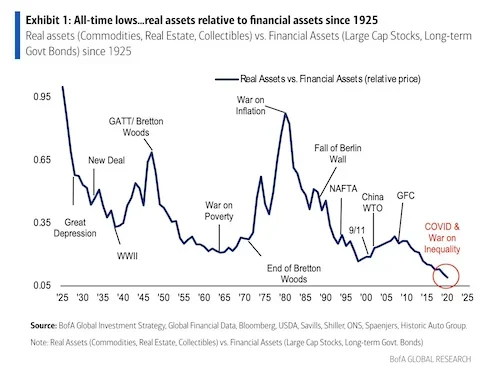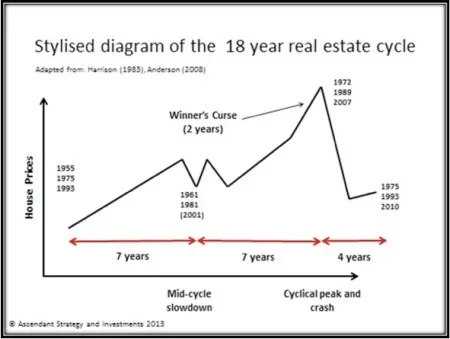I do not necessarily disagree with you. I agree that hedge funds that do not hedge do not serve a purpose (at least not until we return to a true market economy where stock-picking becomes important again). I am saying that there is a place for real traditional hedge funds that actually hedge.
Much of what you say is correct in the theoretical sense, but not in actual practice. Studies show that most people buy high and later sell low during a crisis, which means that it might take them up to a decade or more to break even. For example, it took the NASDAQ 17 years to recover its losses from its 2000 high. Such people would be far better off incurring the cost of hedging, whether by doing it themselves or through a hedge fund. Moreover, studies also show that index investors almost never achieve index returns because of investor psychology reasons. So, even investors who invest in index funds rarely achieve index returns.
The retail investors who buy high and panic sell in times of crisis will be burned, true. But the ones who invest without leverage and can keep their head cold and keep buying during crisis will come out on top.
Does low interest rate inflate the price of zombie companies? Maybe. But who said anything about retail investing in those companies? The main discussion here is to compare performance of hedge funds vs index funds. The index funds I mentioned are blue chips like S&P 500. There is very few, if any, zombie companies in S&P 500 because the requirement is the companies have to make profits.



